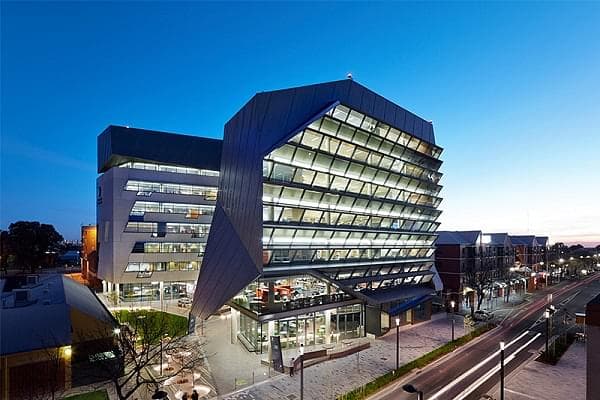Master of Education (TESOL) at University of South Australia
Adelaide, Australia
- Tuition Fee AU$ 31,900
- Country Rank-
- Duration24 Months
- Score IELTS: 6 TOEFL: 60
Program Overview
- Broaden your career prospects with a specialisation in teaching English to speakers of other languages.
- Benefit from flexible learning options, including online study and intensive on-campus workshops.
- Use this qualification as a pathway to further learning, including doctoral studies.
- UniSA's education degrees are number one in South Australiaand top 150 in the world for education.
- Our curriculum is informed by our above world-class research in education.
- UniSA is an unstoppable university for unstoppable people. As one of the World’s Top Young Universities, we’ll ensure you get the experience your future profession demands so it’ll feel like you’re studying one minute and in a career the next.
Cost Of Studying At University of South Australia
Interest rates as low as 8.9% *
250K+
Students Assisted
800Cr+
Loan Amount Disbursed
5000+
Loans Sanctioned
Check Loan Eligibility
Powered by
